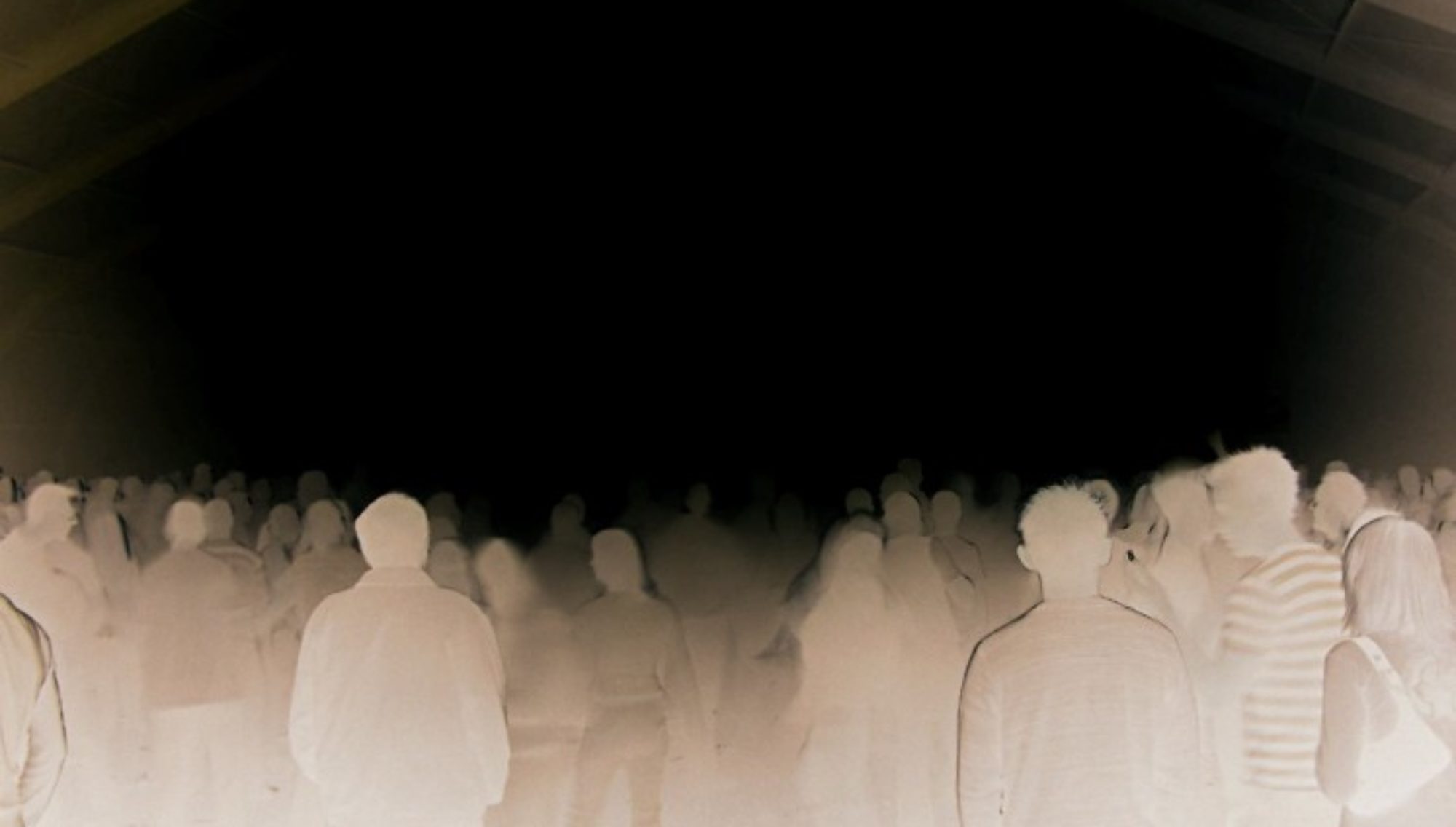Who really kick started SynchroMysticism? The question is easily enough posed. Answering it is another matter.
We have already showcased the renowned Swiss psychoanalyst, Carl Jung. He is arguably the fountainhead of the concept of synchronicity. It is by no means clear that Jung did not himself have “mystical” inclinations.
Still, if Jung is justly thought of as the “godfather” of the rigorous investigation of coincidence (as he arguably is), then James Shelby Downard is perhaps, and equally fairly, considered to be the godfather of SynchroMysticism. Indeed, the ubiquitous Loren Coleman treats Shelby Downard in precisely this way.
Coleman refers to Mr. Downard as “an American theorist and pamphleteer who shared his thoughts about conspiracies, coincidences, synchronicity, and symbolism,” and points readers to a gripping booklet written by the self-proclaimed “crackpot historian” and “Discordian” enthusiast, Adam Gorightly.
Gorightly, who is the author of such works as Historia Discordia: The Origins of the Discordian Society (New York: RVP Press, 2014), The Prankster and the Conspiracy: The Story of Kerry Thornley and How He Met Oswald and Inspired the Counterculture (New York: Paraview Press, 2003), and The Shadow Over Santa Susana: Black Magic, Mind Control And The Manson Family Mythos (Lincoln, NE: iUniverse, 2001), tackles our little-known SynchroMystic trailblazer in James Shelby Downard’s Mystical War (College Station, TX: Virtual Book Worm 2008).
James Shelby Downard’s Mystical War is an excellent introduction to the titular hero. Gorightly provides an accessible sketch of some of the noteworthy events in the life of Mr. Downard. At least it’s a bit more tractable than Downard’s own, sometimes rambling but always enthralling, autobiography, The Carnivals of Life and Death: My Profane Youth: 1913-1935 (Los Angeles: Feral House, 2006).
Perhaps more importantly for present purposes, an understandable primer into some of Downard’s less comprehensible ideas such as “mystical toponomy.”
“Toponomy,” of course, is the study of place names. “Mysticism,” generally speaking, is the practice of seeking “union” with the Divine – as well as beliefs attending and supporting that practice. However, in Downard’s idiom, the word “mystical” seems to have the sense of “esoteric.” The idea is that certain place names appear to have recondite significance and turn up in peculiar connections, to say the least.
Gorightly provides the illustration of the “Mason Road,” in Texas. This road ties together with a sweeping hypothesis concerning the assassination of former U.S. President John F. Kennedy. In Downard’s proposal, the murder of JFK, whatever else it may have been, was a grand enactment of a ritual designated by the 19th-20th-century Scottish anthropologist Sir James Frazer in his The Golden Bough: A Study in Comparative Religion (London: Macmillan and Co., 1890). And, to Shelby Downard, the alchemically permeated brotherhood of Freemasonry was heavily implicated.
A short post of this sort cannot possible do justice to the depth or originality of such a theorist as James Shelby Downard. Readers eager for even more are highly encouraged to dive into the various offerings of “Downardiana,” including – once they feel up tot he task – Downard’s own musings.
To get you started, we note that besides Gorightly’s tract, Dr. Richard Spence has also penned an outstanding article on Downard, now available in Paranoia Magazine (Issue #52).
In an upcoming installment, we will spotlight Michael A. Hoffman II, Shelby’s protégé in matters Fortean and SynchroMystic. Please, check back for that update (among others). [Update: The article is now online, HERE.]
Postscript: We have previously mentioned Christopher Knowles‘s sensible observation that it is tricky business trying to single out a single pioneering soul and labeling him or her “the” founder of a phenomenon as multifaceted as SynchroMysticism. We acknowledge this. (For more detail, see here.) Still, Shelby Downard was significant (or perhaps incomparable) in many ways. Highlighting him for special approbation is, in our opinion, and in the opinion of others mentioned above, entirely appropriate.

